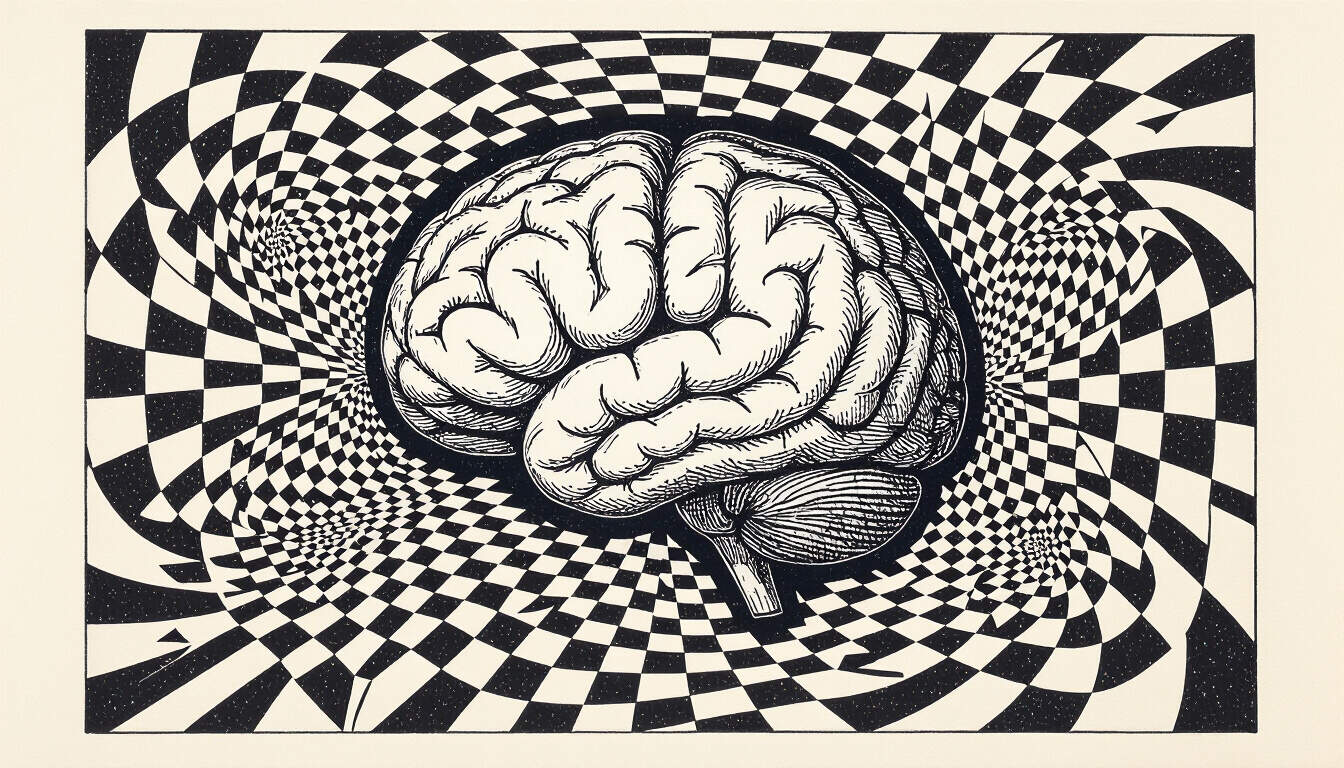The Impact of Cognitive Biases on Everyday Decisions
 by Shanie Goodwin
by Shanie Goodwin
Cognitive biases subtly influence how we think and decide, often leading to flawed judgments in personal and professional life. This article examines key biases, their origins, and practical steps to minimize their effects for improved cognitive development.

Cognitive biases represent patterns in human thinking that can lead to irrational decisions. These mental shortcuts, developed over time, help process information quickly but often at the cost of accuracy. For instance, cognitive biases play a significant role in psychology by affecting how individuals perceive situations.
What Are Cognitive Biases?
In essence, cognitive biases are inherent tendencies that skew reasoning. They arise from the brain's effort to simplify complex information. A classic example is the availability bias, where people judge the likelihood of events based on how easily examples come to mind. This can result in overlooking less vivid but more probable outcomes.
Common Examples of Cognitive Biases
Several biases appear frequently in daily life. The anchoring bias occurs when an initial piece of information sets a reference point for all subsequent judgments. For example, in negotiations, the first offer can unduly influence the final agreement. Another is the sunk cost bias, which pushes individuals to continue investing in a losing endeavor because of prior commitments.
In business strategies, these biases can distort decision-making processes. The confirmation bias leads people to favor information that aligns with their preconceptions, ignoring contradictory evidence. This can hinder innovation and objective analysis in professional settings.
Effects on Psychology and Cognitive Development
Cognitive biases impact various aspects of life, particularly in psychology. They can shape behavior and learning patterns, making it harder to adapt to new information. In cognitive development, children and adults alike may struggle with biases that limit open-mindedness.
Professionals in fields like business often encounter the hindsight bias, where events seem predictable after they occur. This can affect performance reviews and strategic planning, leading to overconfidence.
Practical Ways to Address Cognitive Biases
To counter these influences, one effective approach is awareness through self-reflection. Regularly questioning assumptions can help break habitual thinking patterns. For example, in team meetings, encouraging diverse perspectives can reduce the impact of groupthink, a bias where consensus overrides individual dissent.
In business contexts, implementing structured decision-making frameworks promotes objectivity. Tools like checklists remind decision-makers to consider multiple angles before concluding.
Additionally, education plays a key role. Learning about decision making pitfalls through workshops or reading equips individuals with strategies to identify biases in real time.
Real-World Applications
In psychology, therapists use techniques to help clients recognize and mitigate biases, fostering healthier mental habits. For lifelong learners, understanding these patterns enhances critical thinking skills, essential for personal growth.
Business leaders can apply this knowledge to improve outcomes. By acknowledging biases, they create environments that value evidence-based choices over gut instincts.
Building Better Habits
Over time, consistent practice leads to more balanced thinking. Simple habits, such as journaling decisions and their outcomes, provide insights into personal bias tendencies. This ongoing process supports cognitive development and leads to wiser choices.
In conclusion, cognitive biases are a natural part of human cognition, but with deliberate effort, their negative effects can be minimized. By integrating awareness and practical tools into daily routines, individuals and professionals can achieve clearer, more effective decision making.
